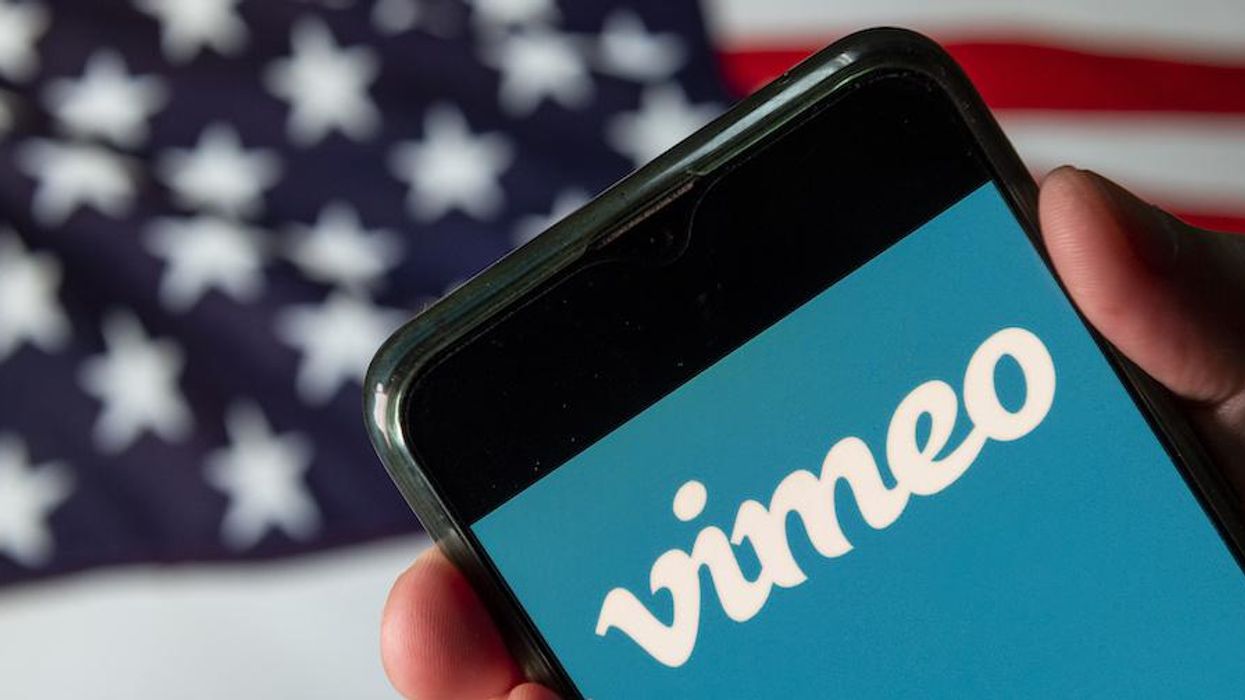
Photo Illustration by Budrul Chukrut/SOPA Images/LightRocket via Getty Images

Ban on 'conversion therapy'
James Domen, the pastor of Church United in Southern California and a self-described "former homosexual," lost his appeal last week seeking to sue Vimeo after the video platform removed his and his church's videos for promoting "sexual orientation change efforts," or SOCE, in December 2018.
According to the U.S. Court of Appeals for the Second Circuit, Vimeo is protected by Section 230, which offers tech companies a way to avoid liability for content that appears on their websites.
Domen, a former practicing homosexual who chose to leave the lifestyle and enter ministry and now has a wife and kids, created a Vimeo account in October 2016 promoting his ministry, the Christian Post reported. Domen and his church posted nearly 100 videos to the account, including "videos addressing sexual orientation as it relates to religion," over the next two years.
Domen said the videos were part of Church United's work to challenge the state's efforts to expand its ban on SOCE to include pastoral counseling, the Post said.
That did not sit well with Vimeo, which alleged that Domen's account violated the platform's content rules banning SOCE — or what critics of "ex-gay" ministries call "conversion therapy."
Vimeo warmed the pastor and his church via email in November 2018 that "a moderator had marked the Church United account for review. The e-mail explained, 'Vimeo does not allow videos that promote [SOCE],'" the appellate court said.
The company reportedly told Church United to remove the problematic videos within 24 hours. If they did not, Vimeo said it would do it for them — or delete the account entirely.
When Domen's ministry chose not to remove the videos, Vimeo elected to delete the account on Dec. 6, 2018, saying, "Vimeo does not allow videos that harass, incite hatred, or include discriminatory or defamatory speech," the Christian Post said.
Domen and his church sued Vimeo in response, but U.S. Magistrate Judge Stewart Aaron ruled against them in January 2020.
In the appellate court ruling last week, the court said Domen and Church United could not sue Vimeo "due to the company's immunity under Section 230 of the Communications Decency Act," according to the Post.
In her opinion for the Second Circuit, Judge Rosemary S. Pooler wrote that Vimeo's actions and policy "fell within the confines of the good-faith content policing immunity that the CDA provides to interactive computer services."
This story has been updated.